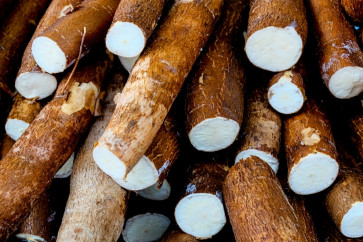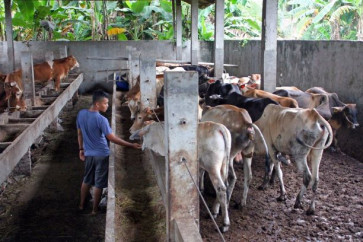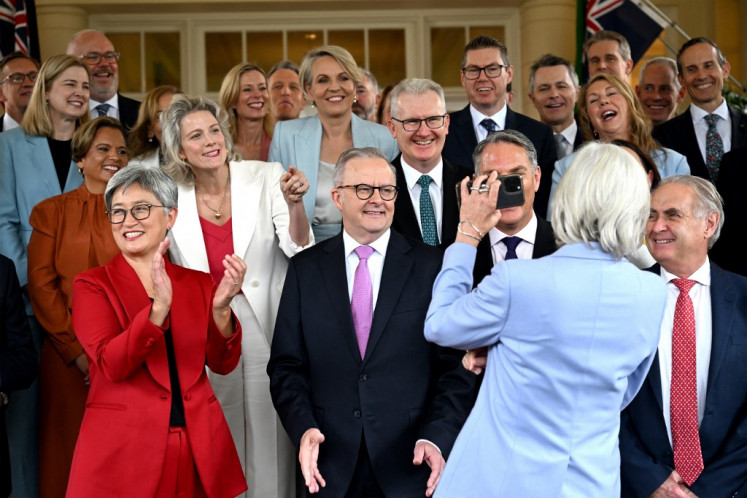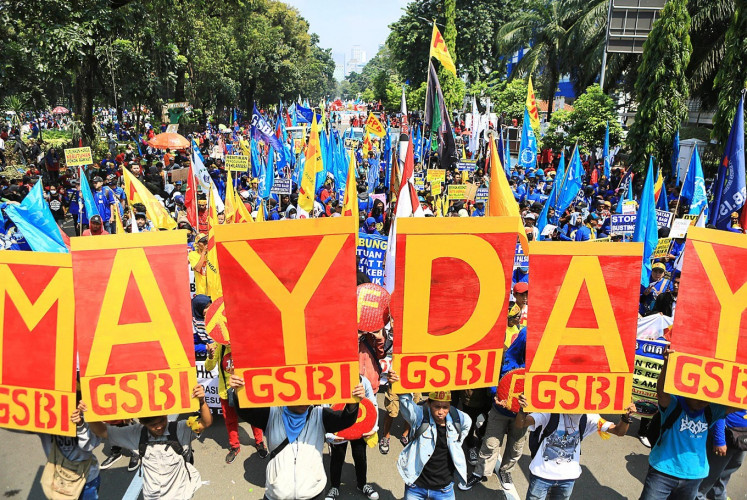Social media can build harmony: BDF
Social media can contribute to nurturing tolerance, pluralism and democracy, the ninth Bali Democracy Forum (BDF) concluded on Friday
Change text size
Gift Premium Articles
to Anyone

S
ocial media can contribute to nurturing tolerance, pluralism and democracy, the ninth Bali Democracy Forum (BDF) concluded on Friday.
“Therefore, there is a need for better education and media awareness in public to develop media and digital literacy,” said deputy foreign minister AM Fachir in his closing statement as the chair of the two-day forum.
Participants said current trends in migration, globalization and displacement were increasing global diversity and inequalities, thus more inclusive democratic societies were a prerequisite to achieving global sustainable development goals by 2030.
“Lastly, learning from others’ experiences remains important and should be further reemphasized in promoting democracy as well as addressing its challenges,” Fachir concluded.
In Tabanan, delegates visited the Pondok Pesantren Bali Bina Insani boarding school where teachers and students are from a variety of faiths, unlike traditional Islamic boarding schools.
“There are 16 Hindu teachers while most students are Muslim,” the head of the Bali Bina Insani Foundation, Ketut Imanudin Jamal, told delegates and Foreign Minister Retno LP Marsudi, Antara reported.
Namibia’s Ambassador to Indonesia Anne Namakau Mutelo expressed admiration that Islamic students in a boarding school amid a Hindu-dominant society could live in harmony.
Participants also shared best practices in consolidating interfaith relations and ensuring religious freedom in plural societies. A 2015 Nobel Peace Prize laureate, Tunisian Ouided Bouchamaoui, shared the democratic experience in her country of 11 million people.
“Diversity and plurality are two main features inscribed in our constitution. Synagogues and churches stand side by side with mosques. Minorities, be they Jewish or Christian, practice their religious beliefs in total freedom,” Bouchamaoui said.
She said Tunisia was undoubtedly a very mixed country because Africans, Arabs, Turks and Europeans were well integrated, “a wonderful mix that has shaped open and colorful Tunisia,” she said.
“Yet, there can be no democratic harmony without religious harmony, cultural harmony and social harmony. Accepting diversity in all its richness also amounts to stressing the importance of creating the ideal conditions for harmony, be it religious, cultural or social. The most important thing is to respect others in their differences, in their diversity and their beliefs,” she concluded.
Palestine’s Foreign Affairs Minister Riad Malki said that despite being one of the last countries “under foreign military and colonial rule, Palestine believes it is uniquely placed to restore hope,” he said, given the territory’s “solidarity movements comprised people from every faith, origin and corner of the world […] because we suffer from walls, blockade and discrimination and we know what it means to be deprived of freedom.”
On the forum sidelines Minister Retno said she had conducted 14 bilateral meetings with high-ranking officials from Japan, the Melanesian Spearhead Group of Pacific nations, Nepal and Singapore.
First held in 2008, the forum this year saw the highest number of participants from 96 countries and five international organizations, the ministry said.









